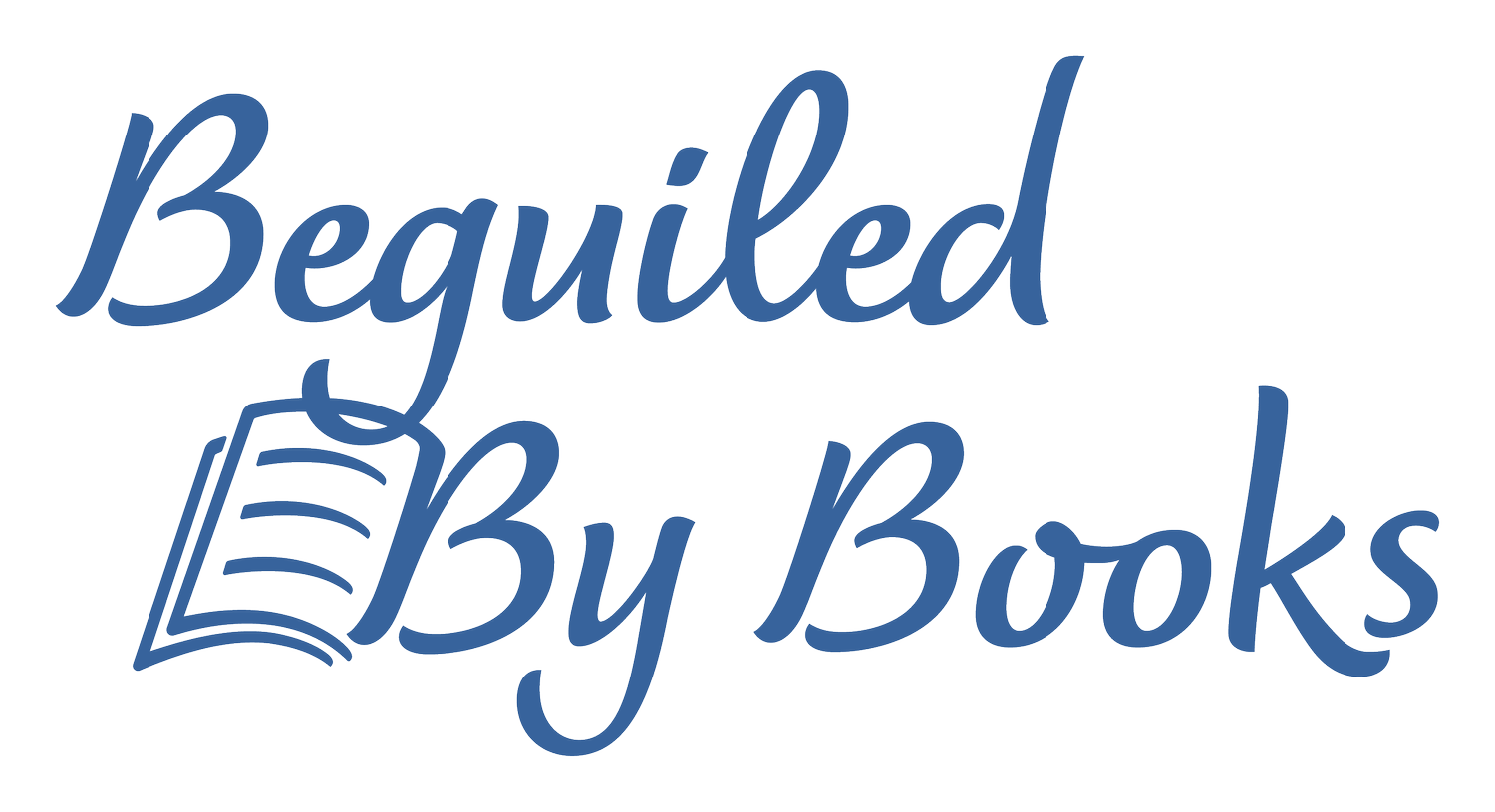Four Thousand Weeks: Time Management For Mortals by Oliver Burkeman
Around the New Year holiday, I saw a post about Four Thousand Weeks: Time Management for Mortals by Oliver Burkeman on social media. As a devoted productivity geek, I immediately got on the waitlist for a Kindle copy at my library. Once I finally got it, I was delighted.
The real measure of any time management technique is whether or not it helps you neglect the right things.
The premise of Four Thousand Weeks is that an average person lives for only four thousand weeks. What will you do with that time? All of human history has taken approximately 310,000 weeks. We are but a blip, and knowing this, Burkeman asks the reader, how will you get everything done?
We don’t. Plain and simple.
Arguably, time management is all life is. Yet the modern discipline known as time management—like its hipper cousin, productivity—is a depressingly narrow-minded affair, focused on how to crank through as many work tasks as possible, or on devising the perfect morning routine, or on cooking all your dinners for the week in one big batch on Sundays.
Burkeman advocates not for Pomodoro techniques, bullet journals, and habit trackers but for actively choosing what you won’t do. He explains how we strive for things like Inbox Zero or crossing things off our to-do lists only for more things to find their way into our email and onto our lists. The key, Burkeman shares, is not eschewing stuff you don’t want to do in favor of what you do want to do but choosing what matters most for your time of all the things you do want to do. For example, you may not want to go to your upcoming reunion, so saying no to that event in favor of going on a vacation might be easy. We must genuinely manage our time when we want to spend time with our partner, write a book, learn to ski, adopt a pet, decorate cakes, and take a vacation. It’s much more challenging to choose what you won’t do when you genuinely want to do the things on your list.
The day will never arrive when you finally have everything under control—when the flood of emails has been contained; when your to-do lists have stopped getting longer; when you’re meeting all your obligations at work and in your home life; when nobody’s angry with you for missing a deadline or dropping the ball; and when the fully optimized person you’ve become can turn, at long last, to the things life is really supposed to be about. Let’s start by admitting defeat: none of this is ever going to happen.
There are dozens of great quotes throughout Four Thousand Weeks. I love the thought that you can only have three things or projects going on at any given time. To take on a new project, you must finish or quit one of your other three. I also appreciated how Burkeman addresses side hustle culture and burnout culture, which seems prevalent in the millennial generation (hi! That’s me!).
…it’s now common to encounter reports, especially from younger adults, of an all-encompassing, bone-deep burnout, characterized by an inability to complete basic daily chores—the paralyzing exhaustion of “a generation of finely honed tools, crafted from embryos to be lean, mean production machines,” in the words of the millennial social critic Malcolm Harris.
He also describes hobbies as critical, but it’s okay if you feel silly talking about them with others because you do them out of pure enjoyment – not with the goal you might one day monetize it.
When an activity can’t be added to the running tally of billable hours, it begins to feel like an indulgence one can’t afford. There may be more of this ethos in most of us—even the nonlawyers—than we’d care to admit.
Four Thousand Weeks is the book everyone must read to get over hustle culture and project mindsets. Sometimes the purpose of life is to enjoy existing.
The world is bursting with wonder, and yet it’s the rare productivity guru who seems to have considered the possibility that the ultimate point of all our frenetic doing might be to experience more of that wonder.
I instantly loved this book, and it will sit at the top of my recommendations for quite some time.

